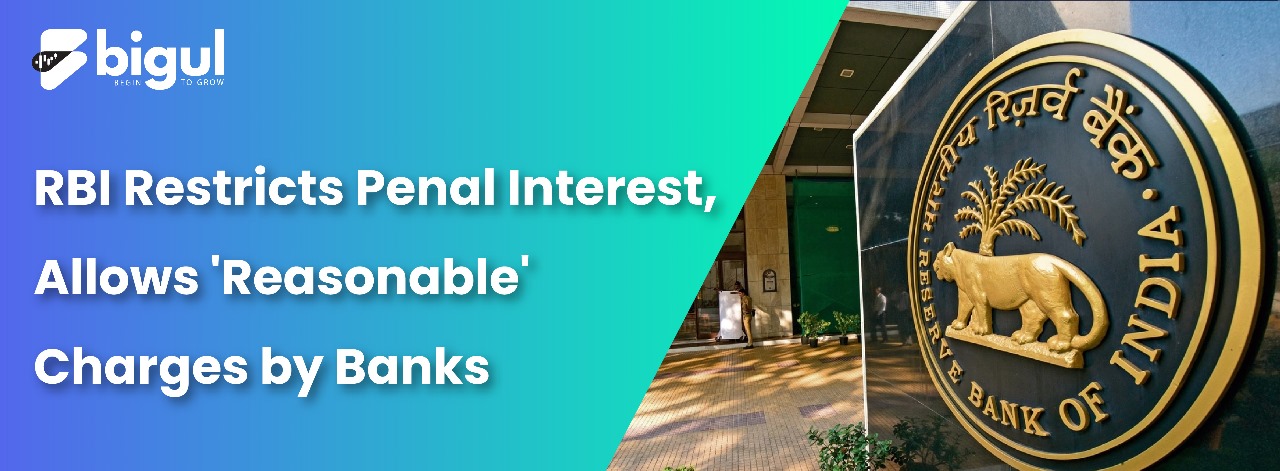Introduction
The Reserve Bank of India (RBI) has taken a significant step in favour of borrowers’ rights by issuing new guidelines to banks regarding penal charges and interest. In a move aimed at promoting fair lending practices, the RBI’s directive emphasizes transparency and reasonable charges in the banking sector.
RBI’s Directive: Applying Penal Interest Wisely to Ensure Fair Borrowing
Starting from January 1, 2024, banks in India are mandated by the RBI to stop the practice of imposing penal interest on borrowers for non-compliance. This change comes as a part of the RBI’s effort to curb punitive practices that banks sometimes adopt to generate extra revenue. Under the new rules, penal charges will replace penal interest, ensuring that such charges are not calculated as additional interest on the loan.
Rationale Behind the Directive
The central bank’s decision is rooted in concerns about the lack of consistency and transparency in the application of penal interest by different banks. While the primary objective of penal interest is to enforce credit discipline, the RBI observed a wide disparity in the approach of various banks, often leading to customer complaints about unfair practices.
No Impact on Interest Compounding
It’s essential to understand that the prohibition of penal interest accumulation doesn’t affect the regular process of interest compounding within loan accounts. The RBI’s directive aims to address the issue of unfair charges rather than disrupt the legitimate interest calculation mechanisms.
Guidelines for Implementation
The RBI’s circular outlines several key guidelines that banks must adhere to:
- Shift to Penal Charges: Banks are required to reclassify penal interest as ‘penal charges,’ emphasizing a shift from punitive interest rates to reasonable charges.
- Avoid Revenue Generation: The RBI strictly forbids banks from exploiting penal charges to increase their revenue beyond the agreed-upon interest rates. This change aims to ensure that charges are genuinely reflective of the costs incurred due to non-compliance.
- Transparency and Adherence: The regulatory authority emphasizes the need for complete transparency. Banks must avoid introducing any additional elements into the interest rate structure and adhere to the guidelines’ explicit wording and underlying principles.
Scope of Application
The RBI’s directive encompasses a broad range of financial entities, including commercial banks, small finance banks (excluding payment banks), NBFCs (Non-Banking Financial Companies), Housing Finance Companies, and other institutions like SIDBI and EXIM banks. However, it’s important to note that the instructions do not apply to specific categories such as credit cards, external commercial borrowings, trade credits, and structured obligations. These categories have tailored directions in accordance with their unique characteristics.
Conclusion
The RBI’s latest move reflects a progressive shift towards fair lending practices and customer-centric policies in the banking sector. By banning penal interest and promoting reasonable charges, the central bank aims to create a more transparent and equitable lending environment. This directive is poised to bring about positive changes and establish a new era of responsible lending in India’s financial landscape.







.jpg)
.jpg)
